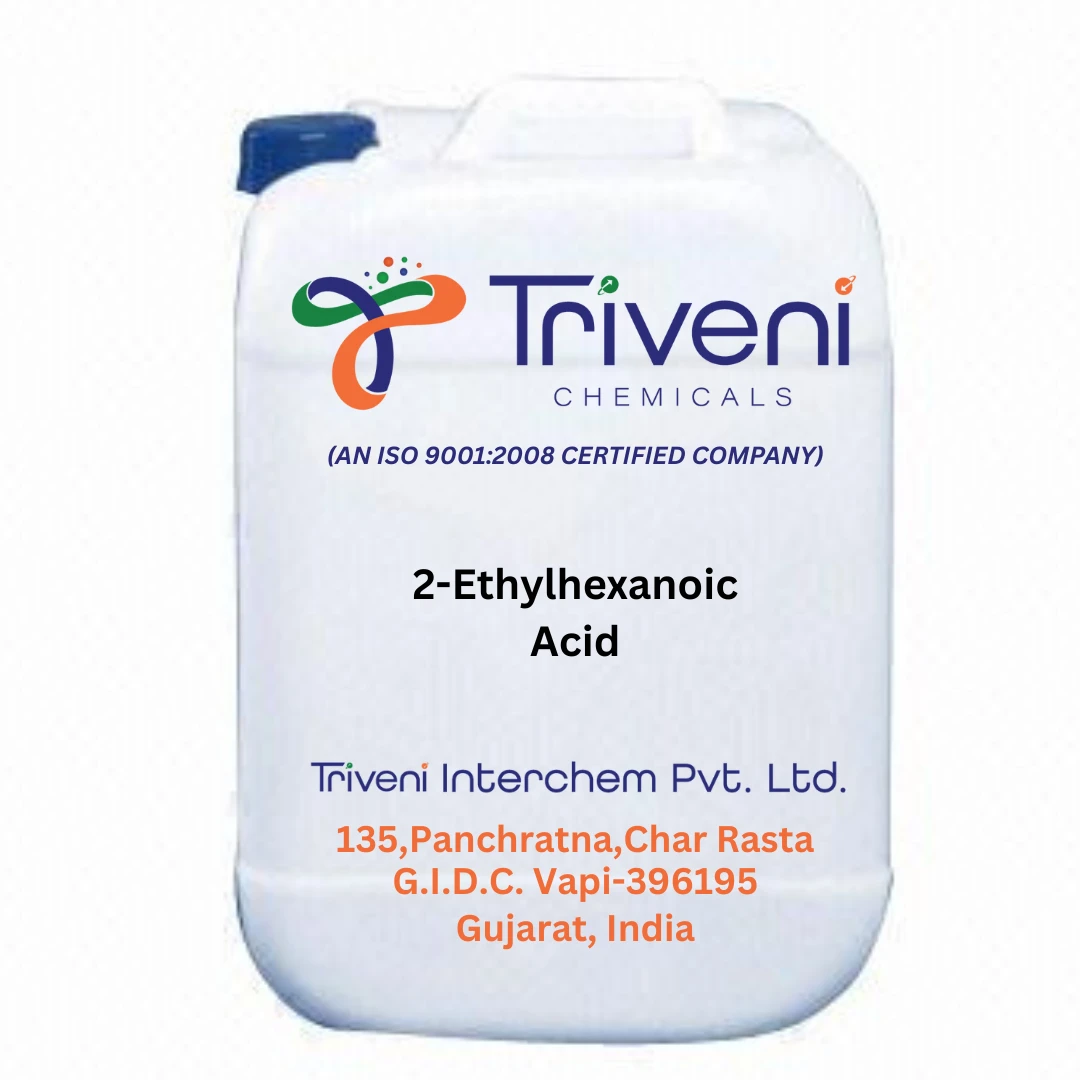PVC Stabilizers: Polyvinyl Chloride's Essential Additives PVC, or polyvinyl chloride, is one of the most extensively used plastics in a variety of industries because of its affordability, toughness, and adaptability. But PVC's natural temperature instability presents a big problem for processing and the rest of its life. PVC stabilizers are..
PVC Stabilizers: Polyvinyl Chloride's Essential Additives PVC, or polyvinyl chloride, is one of the most extensively used plastics in a variety of industries because of its affordability, toughness, and adaptability. But PVC's natural temperature instability presents a big problem for processing and the rest of its life. PVC stabilizers are added to the material to improve its general performance, weatherability, and thermal stability in order to overcome this problem.PVC Stabilizer Types Stabilizers Based on Lead: Due to their low cost and excellent efficiency, lead-based stabilizers were historically the most widely used. They have superior electrical insulation and thermal stability qualities. However, their use has drastically decreased in favor of safer alternatives due to health and environmental concerns.Calcium-zinc (Ca-Zn) stabilizers: Due to their non-toxicity and good thermal stability, these are becoming more and more common. Ca-Zn stabilizers are especially preferred in applications like food packaging, medical gadgets, and kid's toys where adherence to strict health and environmental laws is necessary.Tin-Based Stabilizers: Also referred to as organotin stabilizers, these stabilizers have superior thermal stability and transparency, which makes them appropriate for use in rigid PVC applications such as window profiles and pipes. They work especially well in situations that call for a high degree of transparency.Mixed metal stabilizers: These consist of a blend of metals like zinc, cadmium, and barium. They offer balanced UV and thermal stability and are very adaptable. However, because of worries about toxicity, stabilizers based on cadmium are becoming less popular. Features and Advantages PVC stabilizers provide a number of vital purposes, including: Thermal Stability: They prolong the life of the material and stop it from degrading when processed at high temperatures.UV Protection: When PVC is exposed to sunlight, stabilizers shield it from ultraviolet radiation, avoiding discoloration and the loss of its mechanical qualities.Better Processability: During production, they improve PVC's flow characteristics, which facilitates molding and shaping of the material.Enhanced Durability: Stabilizers help PVC goods last longer, which makes them appropriate for demanding outdoor uses.Health and Environmental Aspects to Take into Account The transition towards stabilizers that are eco-friendly is being propelled by legislative constraints and increasing consumer consciousness. Research into non-toxic, bio-based stabilizers is still ongoing, with the goal of striking a compromise between environmental safety and performance.PVC stabilizers are essential additives that greatly extend the life and performance of PVC goods, to sum up. Stabilizer technology is advancing and improving PVC's safety and sustainability, so it will always be relevant in a variety of sectors.



